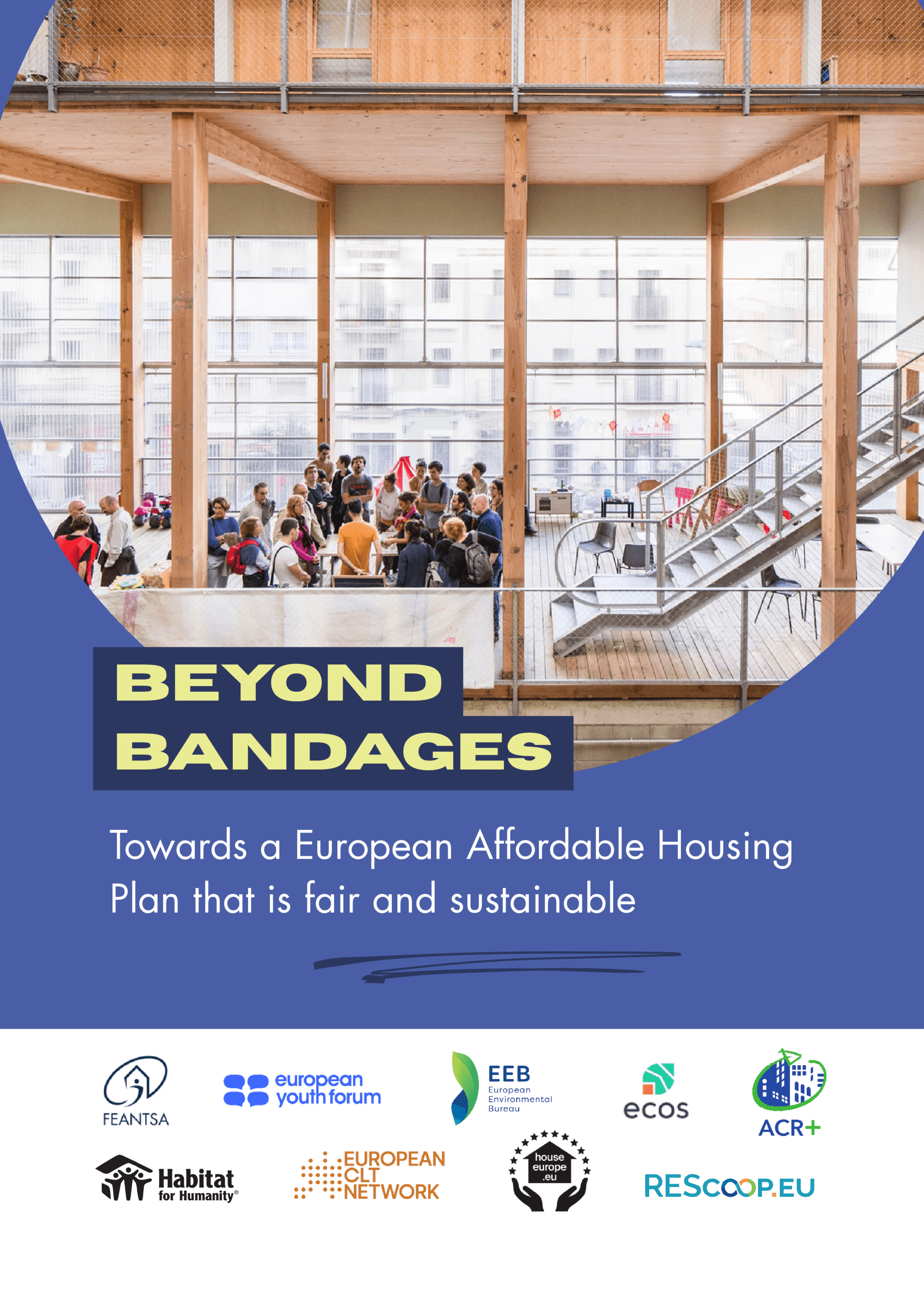The European Affordable Housing Plan: Context and Collaboration 🏡
The joint statement titled "Beyond bandages: Towards a European Affordable Housing Plan that is fair and sustainable" has been co-signed by a coalition of social and environmental NGOs, including notable organizations such as Habitat for Humanity International and the European Environmental Bureau. This statement emphasizes the urgent need for a comprehensive housing strategy in Europe, addressing the multifaceted housing crises impacting millions across the continent.
Current Housing Crisis in Europe 📈
Between 2010 and early 2025, house prices in the EU surged by 57.9%, with rents increasing by 27.8%. Alarmingly, about 17% of Europeans are living in overcrowded conditions, and approximately 1.27 million individuals face homelessness. Furthermore, 70% of homes in Europe are energy inefficient, leaving one in ten Europeans unable to maintain adequate warmth in their homes. The building sector is a significant contributor to environmental impact, accounting for nearly one-third of Europe's carbon footprint.
Call for Integrated Solutions 🌍
The signatories urge that the European Affordable Housing Plan (EAHP) should not rely on simplistic solutions, such as merely increasing housing supply. Instead, it should focus on deeper systemic issues related to profit-driven models, unequal access, and speculative ownership. While increasing the availability of affordable housing is crucial, it must be accompanied by strategies that examine who controls housing and land, ensuring long-term affordability.
Long-term Strategy for Sustainable Housing 🔄
The statement highlights the necessity for a long-term, transformational strategy focused on financialisation dynamics that contribute to the housing crisis. Effective solutions should not only tackle the immediate housing shortage but also foster sustainable living environments for future generations. Key recommendations include enhancing social housing as critical public infrastructure, promoting diverse housing models, and better regulating the private rental market.
Promotion of Non-Profit Housing Models 🏘️
The EAHP advocates for public and non-profit social housing to form a significant portion of the housing stock. This involves reinvesting in social housing and mobilizing vacant properties to meet housing needs swiftly. There is a strong emphasis on community-led housing initiatives and partnerships to ensure that social investments are responsive to local community needs.
Best Practices and Innovative Solutions 💡
Successful examples from across Europe underline the potential of innovative housing models. For instance, Denmark and France have implemented allocation mechanisms prioritizing vulnerable populations for social housing. Community Land Trusts (CLTs) in Belgium and France have proven effective in creating permanently affordable homes by removing land from speculative markets.
Focus on Energy Efficiency and Sustainability 🌱
Recognizing the significant impact of energy inefficiency on living conditions, the EAHP calls for high-quality, circular, and energy-efficient buildings. It emphasizes the importance of adopting robust energy policies with social safeguards to prevent renovictions and ensure vulnerable households are protected.
Conclusion: A Holistic Approach to Housing 📜
To secure long-term affordability and sustainability, the EAHP must align with existing EU policies and facilitate comprehensive funding mechanisms for social and affordable housing. By addressing these critical components, the plan aims not only to alleviate the current housing crisis but also to create a resilient, inclusive, and sustainable housing landscape across Europe.
